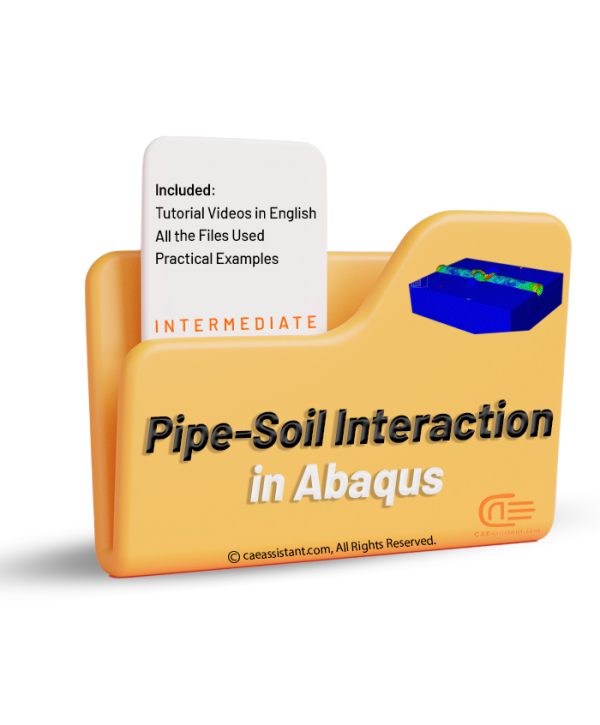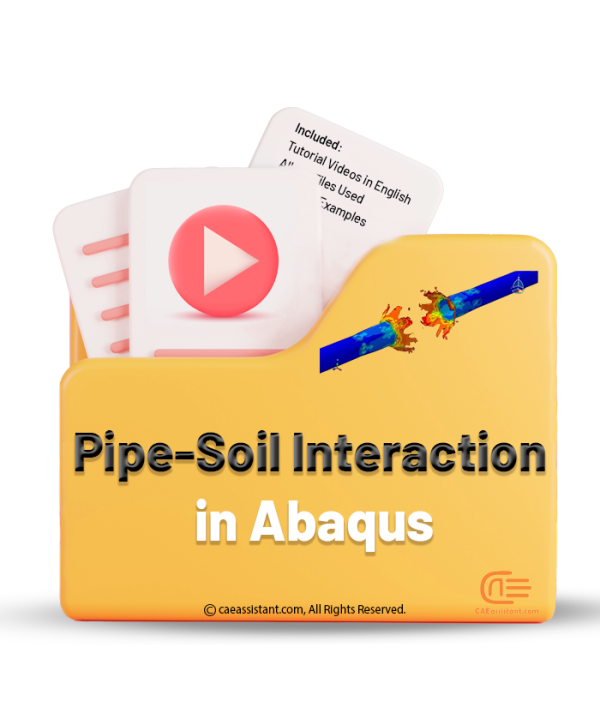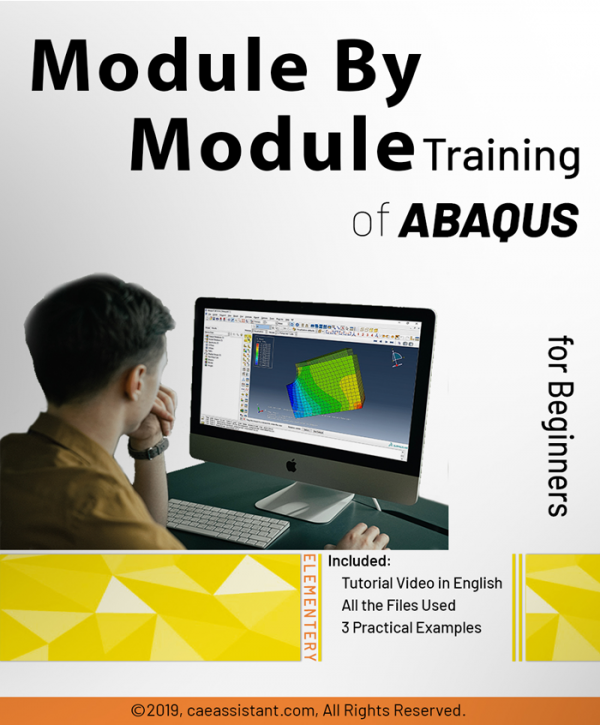abaqus toturial collections
Module by module Abaqus Training
If you are new to Abaqus software and the topic of finite element analysis, you definitely need to get acquainted with the user interface of this software and the general features of each module.
In this software, we perform different simulation steps in the following different modules and at the end, we receive the analysis results from the software solver.
In this package, you will learn how to work with the software in each module and perform your simulation in each module properly.



